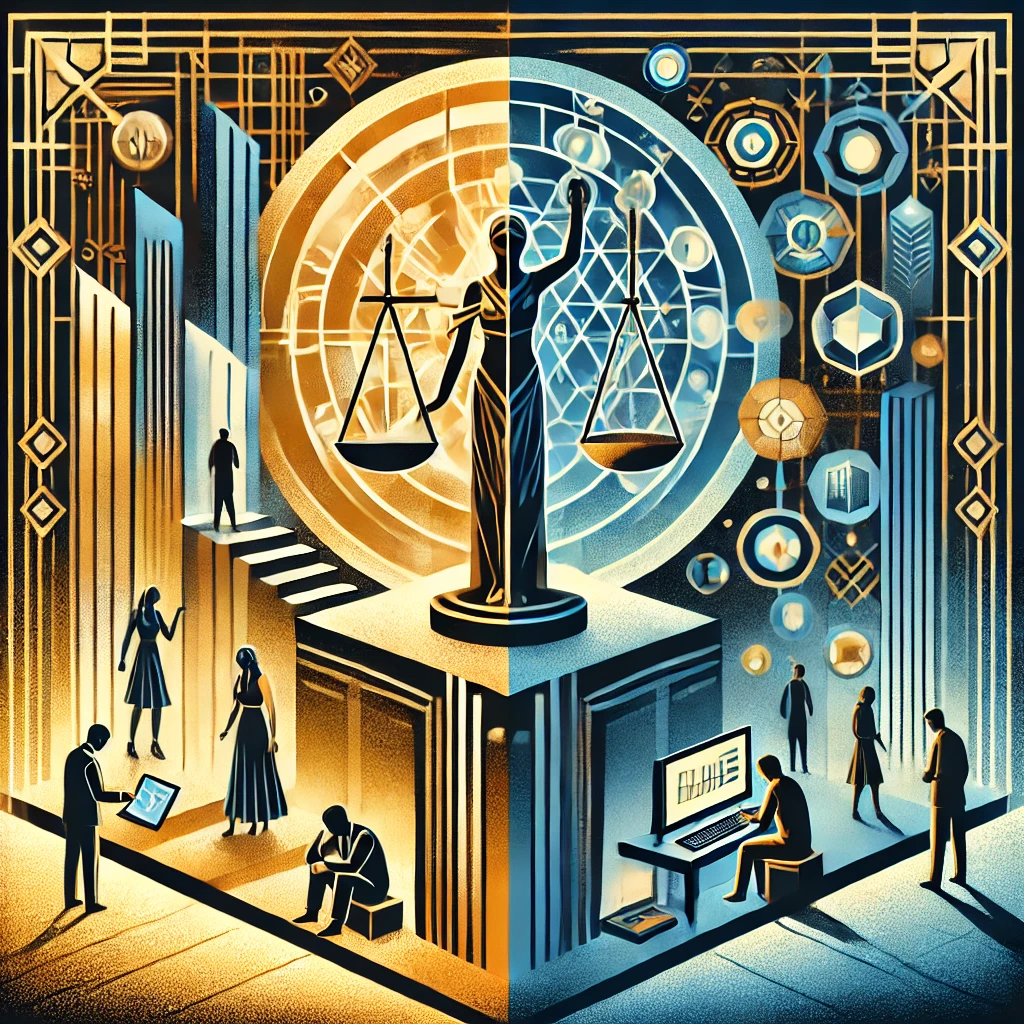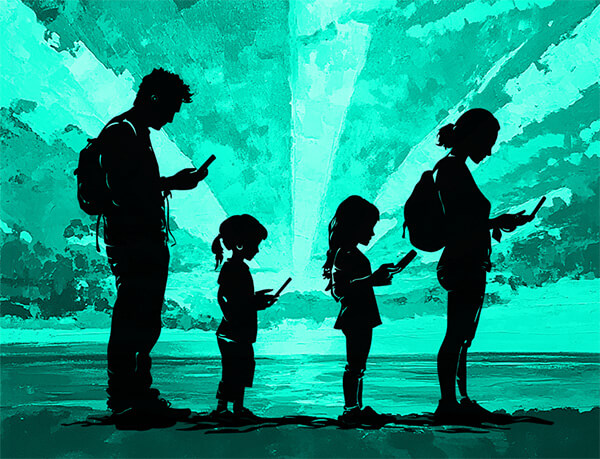Is it important that your lover be a biological human instead of an A.I. or a robot, or will even asking this question soon feel like an antiquated prejudice? This uncertainty is more than a transient meme storm. If A.I. lovers are normalized a little—even if not for you personally—the way you live will be changed.
Does this notion disturb you? That’s part of the point. In the tech industry, we often speak of A.I. as if it were a person and of people as if they might become obsolete when A.I. and robots surpass them, which, we say, might occur remarkably soon. This type of thinking is sincere, and it is also lucrative. Attention is power in the internet-mediated world we techies have built. What better way to get attention than to prick the soul with an assertion that it may not exist? Many, maybe most, humans hold on to the hope that more is going on in this life than can be made scientifically apparent. A.I. rhetoric can cut at the thread of speculation that an afterlife might be possible, or that there is something beyond mechanism behind the eyes.
Until the recent rise of A.I, it was fashionable to claim that consciousness was an illusion or, perhaps, an ambient property of everything in reality—in either case, not special. Such dismissiveness has become less common (perhaps because techies still believe that tech entrepreneurs are special). Consciousness is lately treated as something precious and real, to be conquered by tech: our A.I.s and robots are to achieve consciousness.
The conquest of love will not be abstract but vividly concrete for everyone, especially young people, and soon. This is because we are all about to be presented, in our phones, with a new generation of A.I. simulations of people, and many of us may fall in love with them.
What follows, then, is that love is also real and also a target to be conquered. The conquest of love will not be abstract but vividly concrete for everyone, especially young people, and soon. This is because we are all about to be presented, in our phones, with a new generation of A.I. simulations of people, and many of us may fall in love with them. They will likely appear within the social-media apps to which we are already addicted. We will probably succumb to interacting with them, and for some very online people there won’t be an easy out. No one can know how the new love revolution will unfold, but it might yield one of the most profound legacies of these crazy years.






